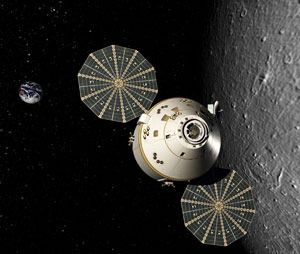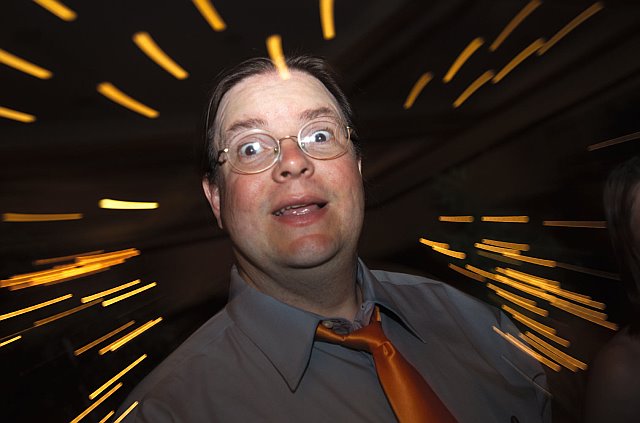Age and Experience
This meme is all the more timely for me since my optometrist recently recommended that I start wearing bifocals. Since I'm so fucking old, this meme gives me an opportunity to share the wisdom of my advanced
Meme originated here. Thanks, Gloriane!
7 Ways Age and Experience Have Changed Me
Meme originated here. Thanks, Gloriane!
7 Ways Age and Experience Have Changed Me
- I don't care as much anymore that I be universally liked, or liked at all.
- I have less frequent moments of intense rage.
- I no longer believe in God or "life" after death.
- I write more prose than poetry.
- I no longer wear my Doctor Who scarf regularly.
- Politically, I lean further to the left every year. (Sometimes, every day.)
- I am less obsessive about my overall appearance, though I am still a gorgeous specimen of the male physique.
7 Ways Age and Experience Haven't Changed Me
- I am a major procrastinator. (Hello, dissertation!)
- I don't like to throw anything away.
- I want to understand everything.
- I am more articulate in my writing than my speaking.
- I still like listening to the Beatles.
- If I ever win/steal/earn a million dollars, the first thing I will buy is a house for my mother. OK, first I will build a home theater system, then I will buy a house for my mother.
- What he said.
Labels: Memes Love You Long Time



